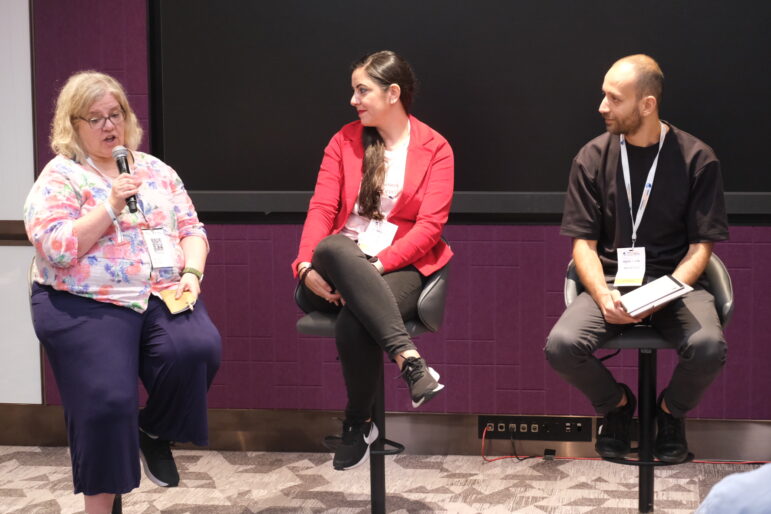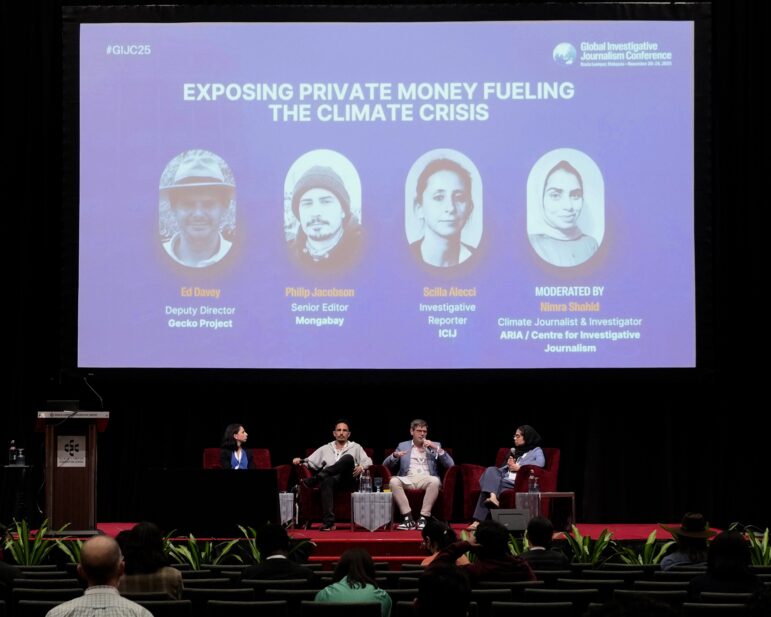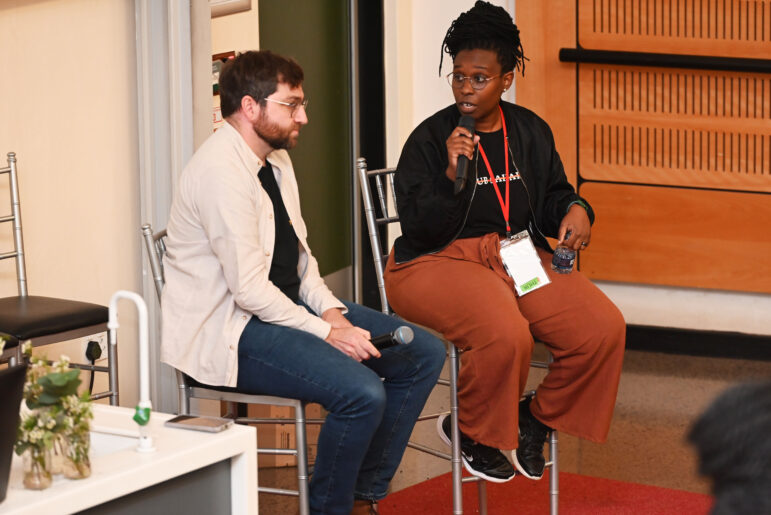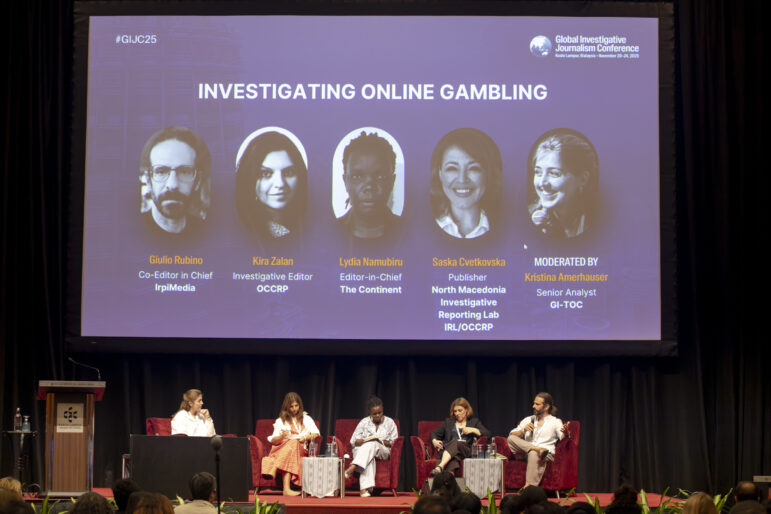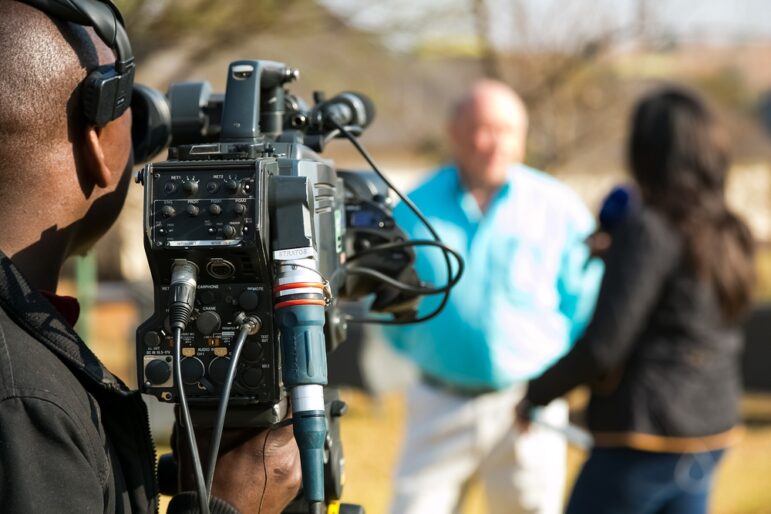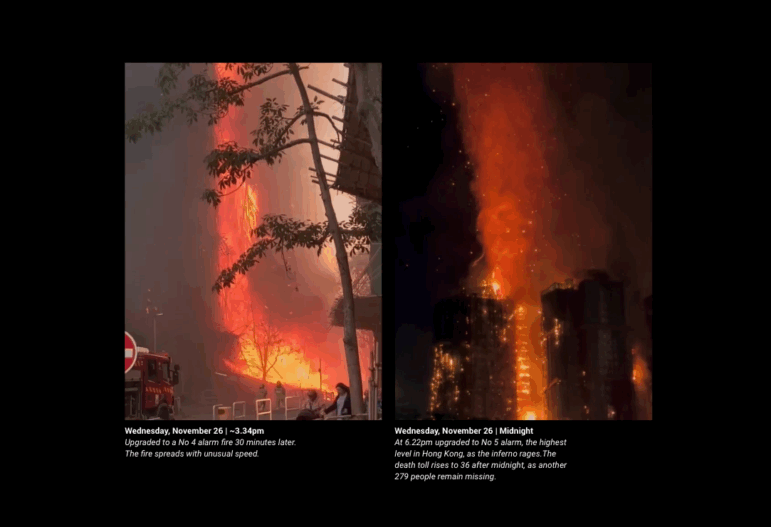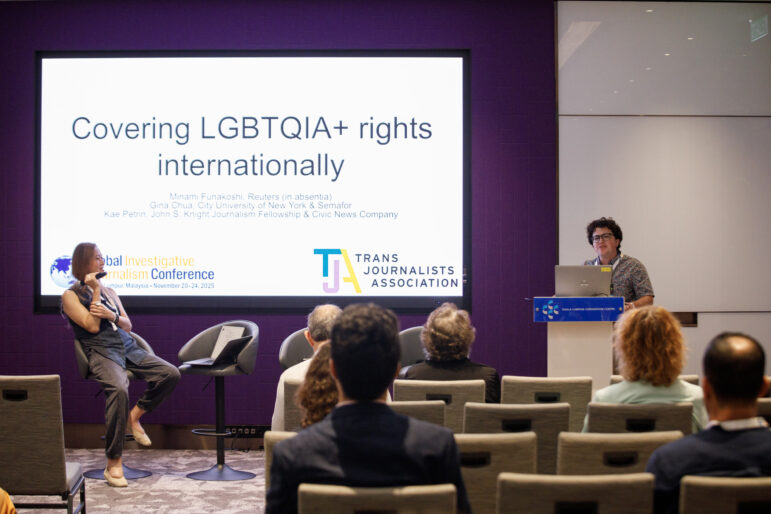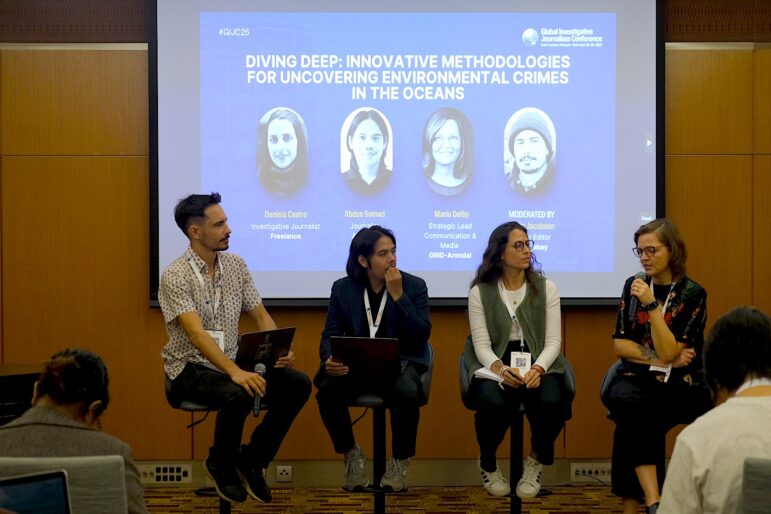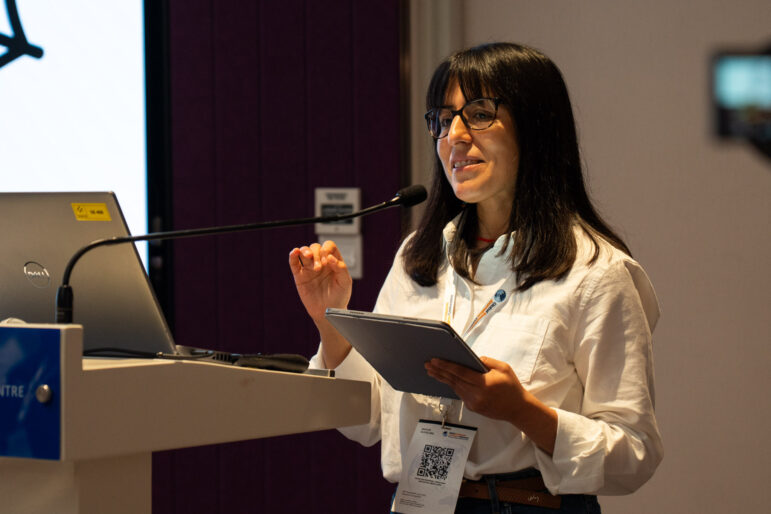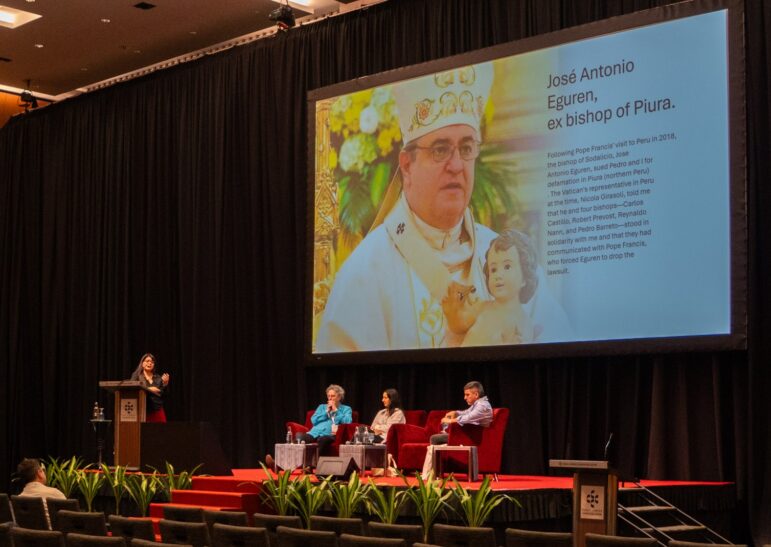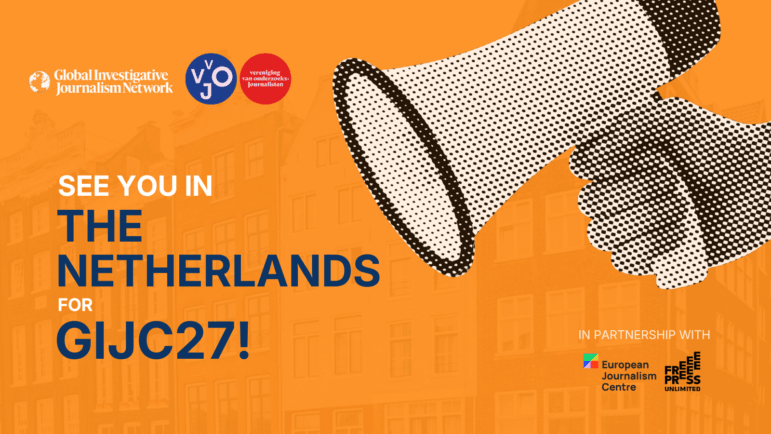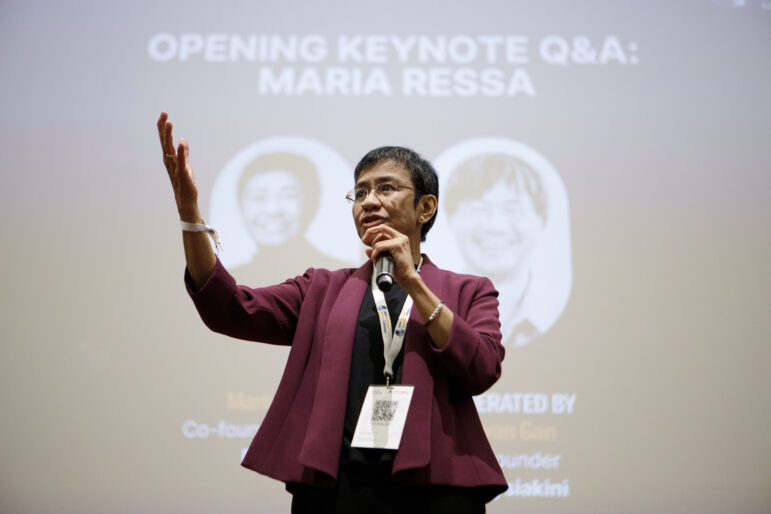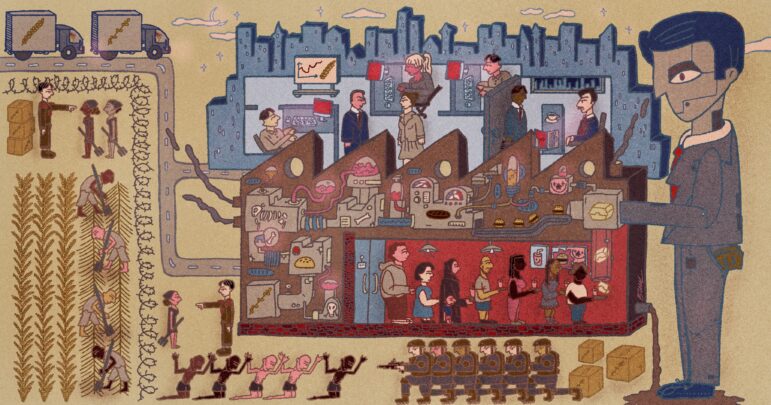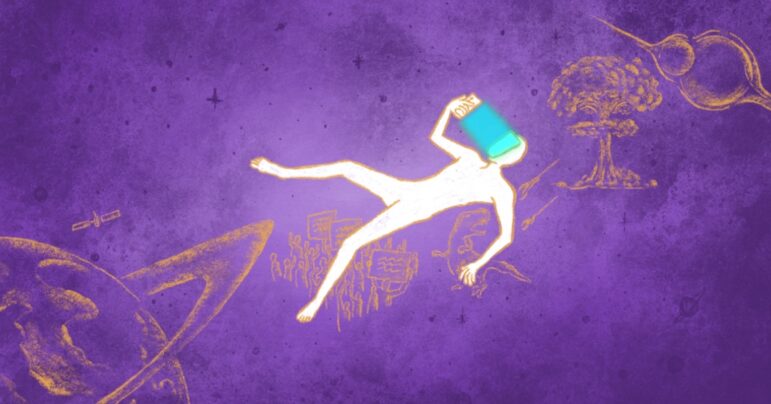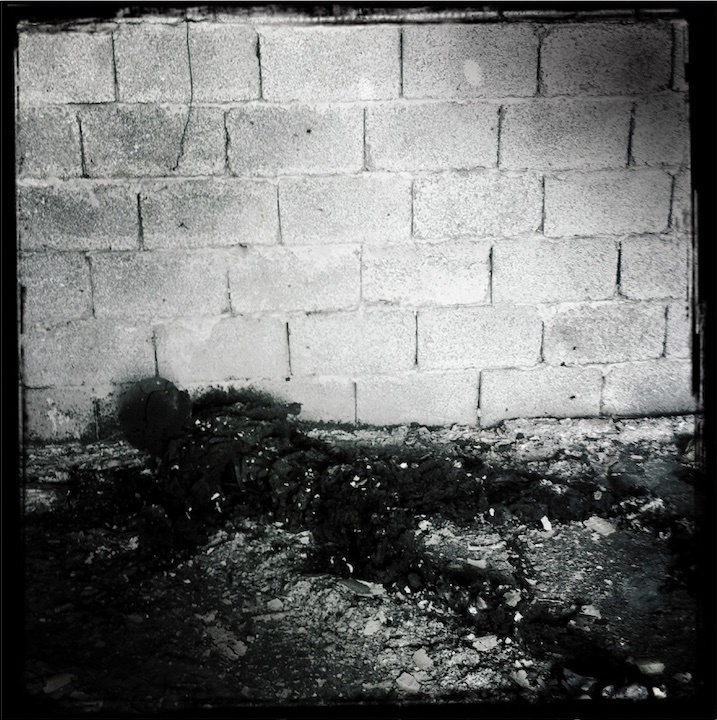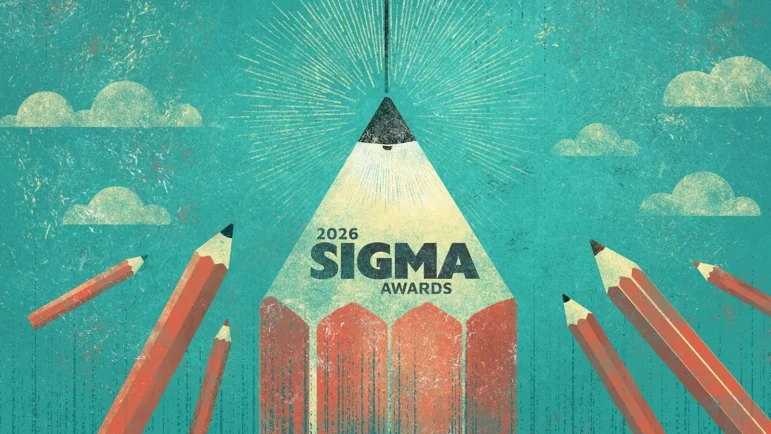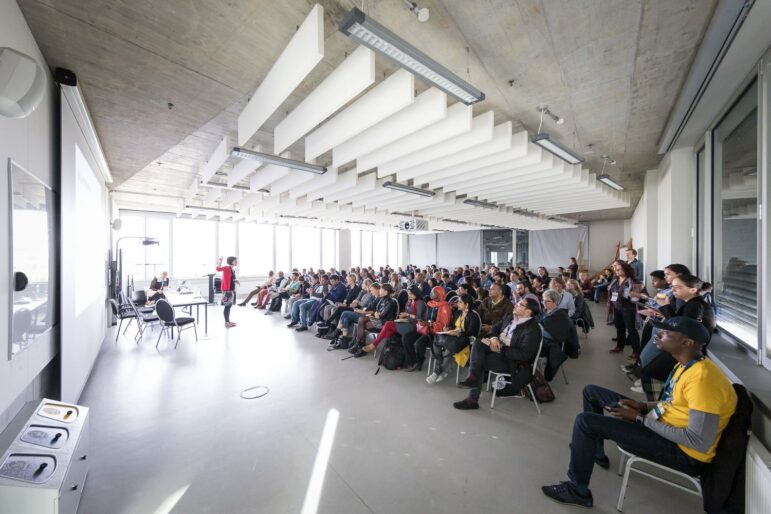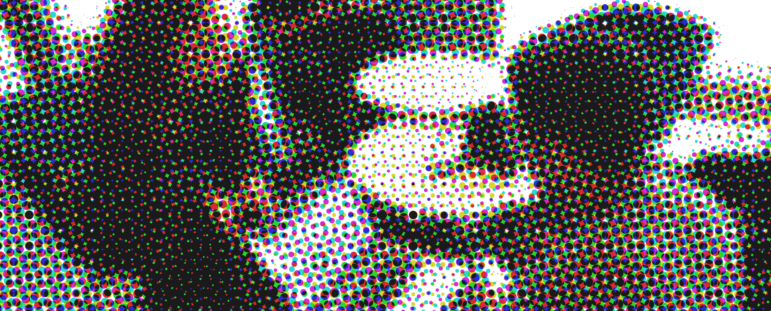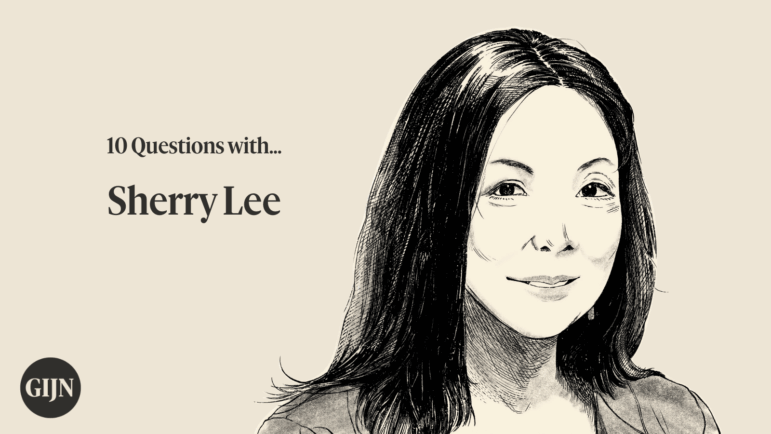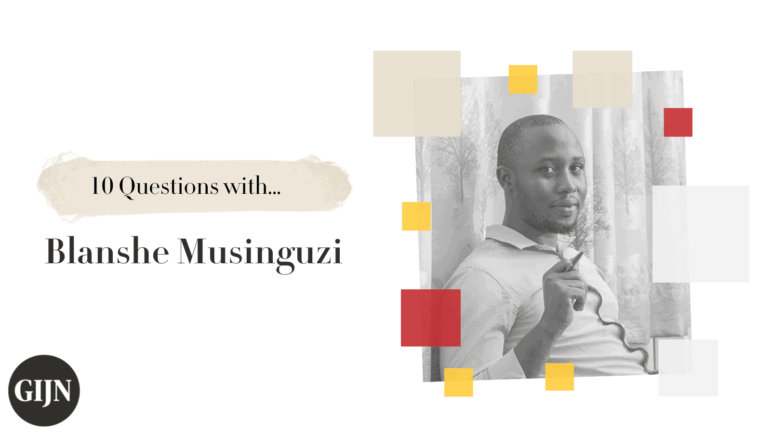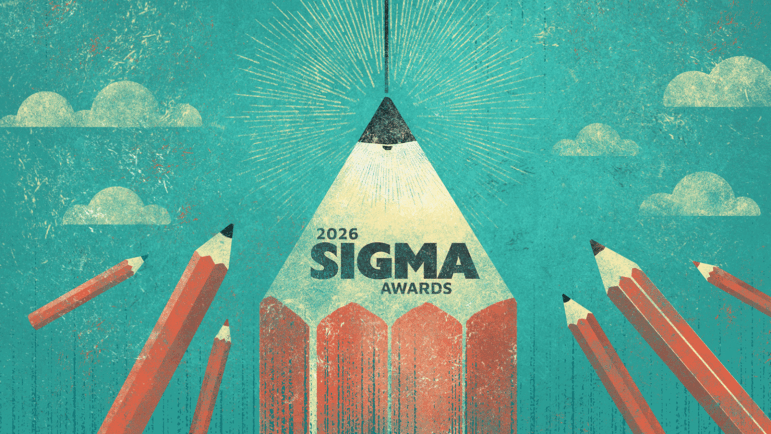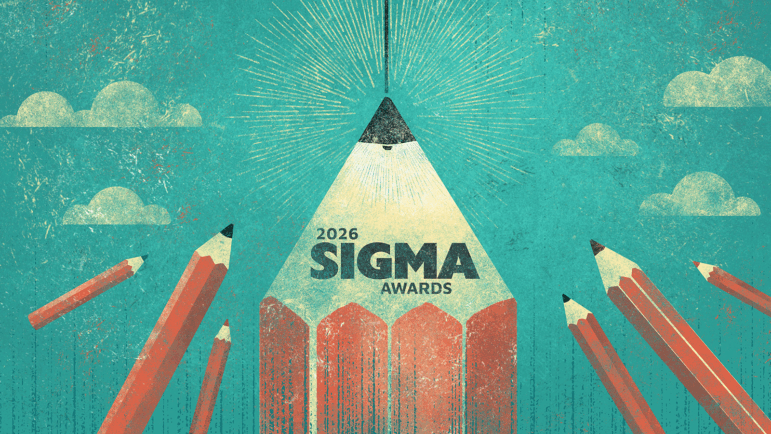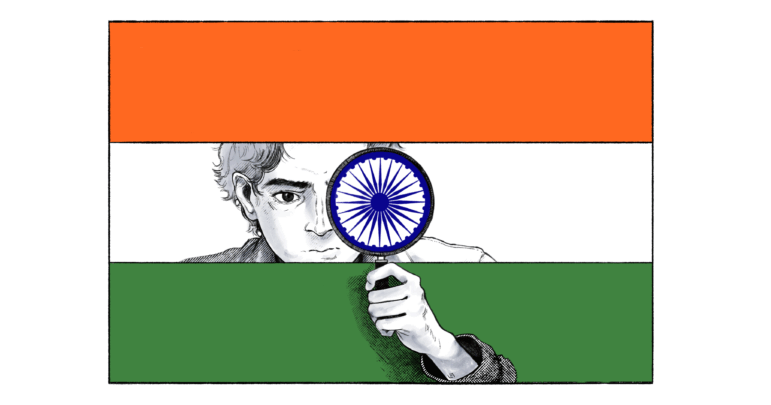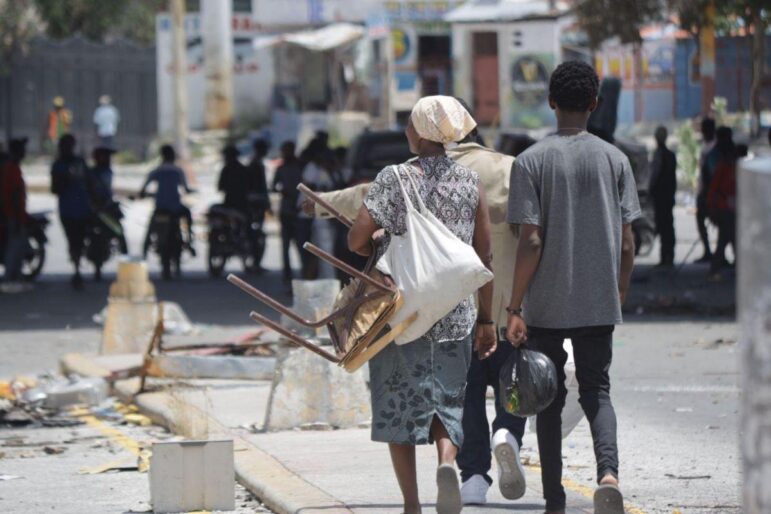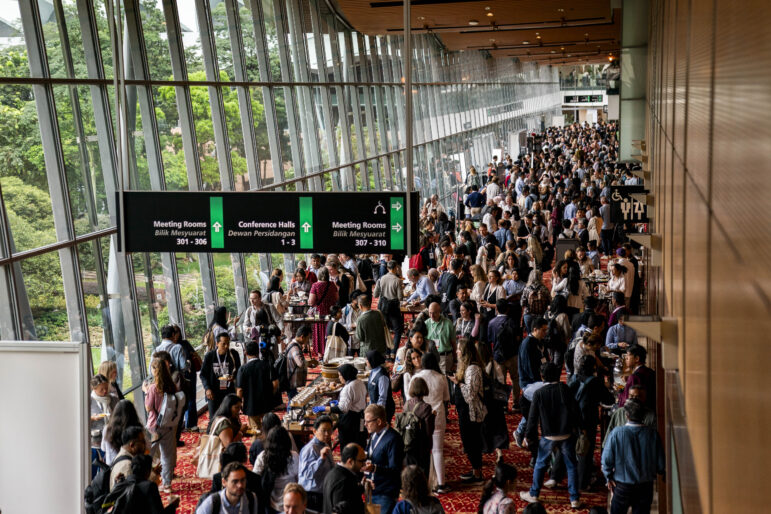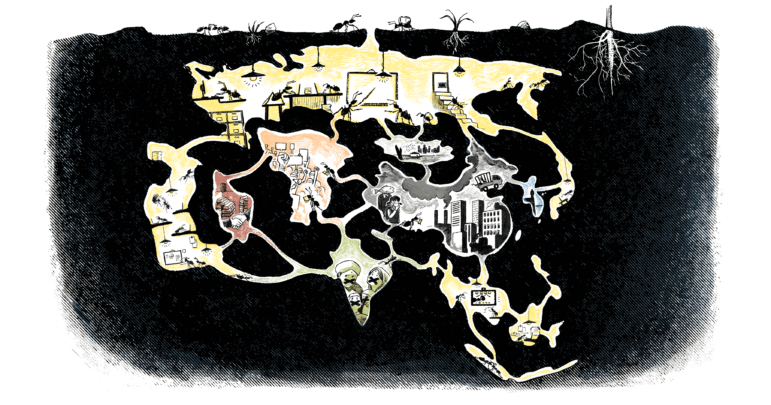One World Media Awards Open for Entry on January 12
Source: One World Media Awards
Submissions for the One World Media Awards, which honor the best media coverage from and about the Global South, will open on January 12, 2026. The judges will look for “stories that break through stereotypes, change the narrative and connect people across cultures,” that highlight underreported stories or issues, or explore new angles on familiar topics. Entries can be print, audio, film, or online. There are 12 categories, including Environmental Reporting, Refugee Reporting, the Press Freedom Award, the Student Award, and the Women’s Solutions Reporting Award. The submission window closes on February 9, 2026.
Apply for Pulitzer Center Conflict Reporting Grants
Source: Pulitzer Center
On a rolling basis, the Pulitzer Center encourages journalists or newsrooms seeking funds for projects covering conflict, or to meet the increased costs of reporting safely from conflict zones, to submit a proposal for the Center’s conflict reporting grant. Proposals should include a 250-word summary of the project, a preliminary budget estimate, a distribution plan, and a letter from the editor of the proposed outlet that states the publication takes full responsibility for your safety — particularly important for freelancers. For more information, applicants can review the grant application guidelines or contact reacheditorial@pulitzercenter.org.
New South Asia Journalism Network Announced at GIJC25
Source: Nepal Investigative Multimedia Journalism Network
At the 14th Global Investigative Journalism Conference (GIJC25) in Kuala Lumpur, five media organizations from the South Asia region — home to 2 billion people — announced they were uniting to counter rising threats to investigative journalism. The South Asia Journalism Collective (SAJC) aims to foster collaboration among journalists and newsrooms in South Asia and support cross-border reporting. The founding members are: Center for Investigative Reporting (Sri Lanka), Digitally Right (Bangladesh), Media Unlimited (Pakistan), Nepal Investigative Multimedia Journalism Network (NIMJN) (Nepal), and The Reporters' Collective (India).
Applications Open: JSK Fellowship at Stanford
Source: JSK
Reporters interested in spending a year away from the newsroom mulling over the challenges and opportunities of journalism in the future are invited to apply for the John S. Knight Fellowship at Stanford. The fellowships are designed as an opportunity to step back from demands of daily work to reimagine "the future of journalism." Selected journalists work on leadership in a rapidly changing field, and use their time to "explore ideas, experiment with new approaches, and develop practices that strengthen journalism's essential role in building informed, democratic communities." Applicants need at least five years of professional work experience. Deadline: December 3
Alfred Friendly Press Fellowship Application 2026
Source: Alfred Friendly Press Partners
Alfred Friendly Press Partners, a nonprofit that trains journalists in exile based in the US and has worked with over 400 journalists from 90 countries since 1984, is accepting applications for its 2026 program. The fellowship is a four-week, in-person program that builds skills in the security, legal, and journalism and entrepreneurship fields. The topic of the psychosocial aspects of exile is embedded throughout the program. Essential expenses such as housing, food, transportation will be covered and a living stipend of US$2,000 per fellow is included. English proficiency is required.
AIJC2025 Conference Program Released
Source: AIJC
The program for the 2025 African Investigative Journalism Conference (#AIJC25), the largest gathering of working investigative journalists on the continent, has been released. Hosted by Wits University in Johannesburg, the AIJC is in its 21st year and will be held from 5 - 7 November. The opening keynote speaker will be Fatou Bensouda, former chief prosecutor of the International Criminal Court. “As always, the conference will offer a wide range of training on everything from data wrangling, follow the money exercises, health, whistleblowers, journalists’ safety, innovation, migration, and many more critical topics,” said convener Beauregard Tromp.
Court Brands Independent Kyrgyzstan Outlets ‘Extremist’
Source: OCCRP
A Kyrgyz court has labeled independent news outlets — GIJN members Kloop Media and Temirov Live and Ait Ait Dese — as well as the activities of their founders “extremist” and ordered a ban on their online activities. The ruling will be enforced by the Ministry of Digital Development, but no additional details about the case were provided. The decision is part of a recent and intensifying crackdown on independent media that has included raids, arrests, orders for closure, and prison sentences for journalists. Temirov Live and Kloop said they will appeal the ruling.
Winners of 2025 Maria Ressa Prizes for Courage in Journalism Announced
Source: Philip Merrill College of Journalism
The Philip Merrill College of Journalism at the University of Maryland has announced the 2025 winners of the Maria Ressa Prizes for Courage in Journalism, named for the Filipino journalist, press freedom advocate, and 2021 Nobel Peace Prize winner. Myanmarese documentarian Shin Daewe, the OCCRP, The Haitian Times, and student journalists at UCLA, Indiana University, and Columbia University were selected the 2025 winners; journalists who died covering the war in Gaza were also recognized with a special citation. The honor comes with a US$3,000 cash prize.
Brazil: Abraji and Talanoa Offer Reporting Grants and Training for COP30 Climate Topic
Source: Abraji
The Brazilian Association of Investigative Journalism (Abraji) and Instituto Talanoa have launched a program to encourage journalism coverage of climate adaptation, one of the central themes of the forthcoming COP30 summit in November in Belém, Brazil. Climate adaptation involves policies, technologies, and practices to better deal with the impacts of climate change that are already happening. The initiative includes nine reporting grants and training opportunities for journalists from all over Brazil with international partners, and is open to journalists from countries in Brazil, Europe, and Asia. The first application deadline is November 1, 2025.
Journalists Imprisoned in Belarus and Georgia Win Top EU Human Rights Award
Source: Associated Press
Two imprisoned journalists have won the Sakharov Prize, the EU’s top human rights honor. Andrzej Poczobut, a correspondent for Polish newspaper Gazeta Wyborcza, was convicted of “harming Belarus’ national security” and is currently serving an eight-year sentence in the Novopolotsk penal colony. Mzia Amaghlobeli, who founded two of Georgia’s independent media outlets, is serving a two-year prison sentence for slapping a police chief during an anti-government protest. European Parliament President Roberta Metsola said: “Both are journalists currently in prison on trumped-up charges simply for doing their work and for speaking out against injustice.”
